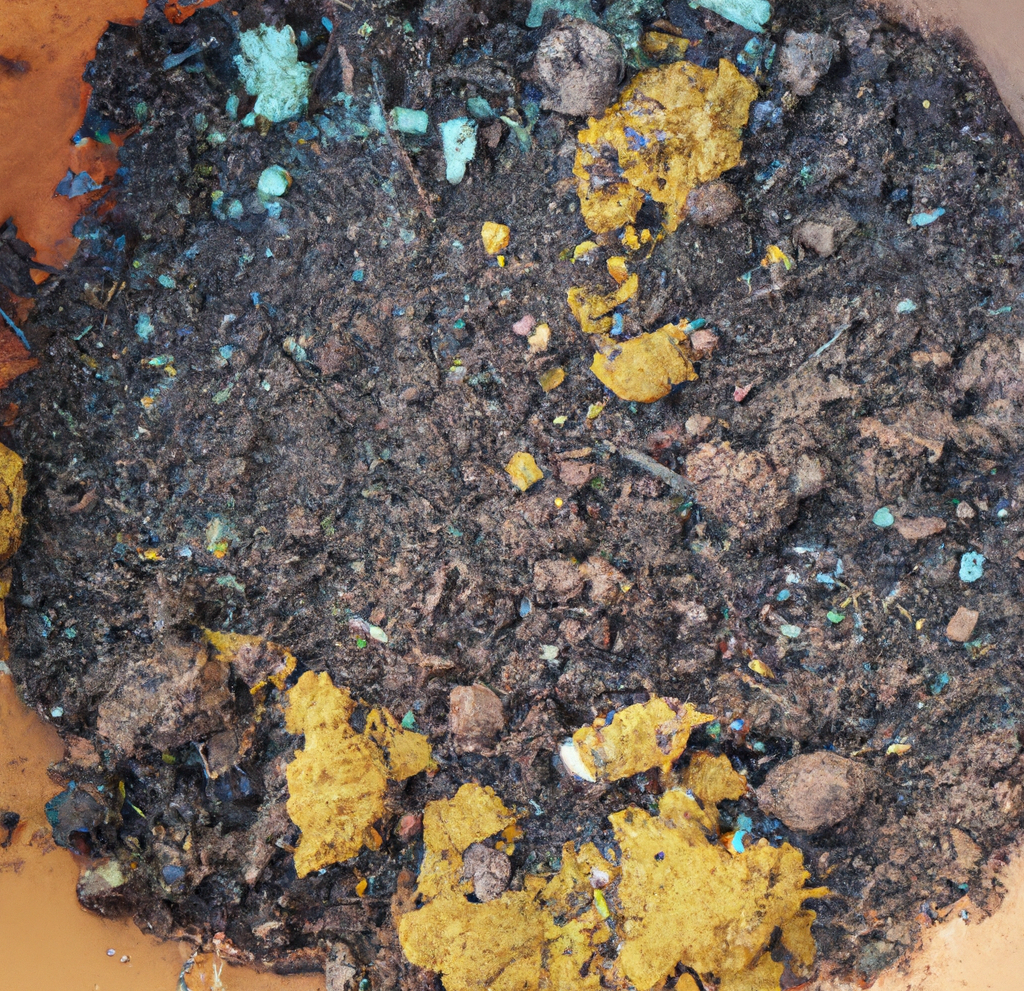The grasslands bake
beneath
a fiery sun,
searing tender shoots
that once sprang fresh –
Indian Grass swells,
covering the flesh
of its fallen kin.
Below, unseen
armies mobilise
and scatter –
microbe,
springtail,
mite –
churning,
disturbing
the earth.
Decay’s ancient gears
now grind and stall,
its cycle undone
by the raging fever
of a warming world.
This poem is inspired by recent research, which has investigated how climate change will affect decomposition.
Climate change is having a profound effect on our environment, including on the composition of plants and the minute organisms that reside in the soil. These changes are crucial as they determine the rate at which plants break down and decay after their life cycle ends. This natural decay process is essential for replenishing nutrients in the soil and ensuring the health of ecosystems. However, as global temperatures rise and alter the balance of plants and soil organisms, the overall speed and efficiency of this decay process become unpredictable. There’s a growing need to understand these changes, as they have significant implications for the environment’s future health and sustainability.
In a study of a grassland subjected to higher temperatures for 15 years, researchers observed changes in plant and soil microorganisms that could both accelerate and slow down decomposition. Specifically, when there was more Indian Grass (a plant that decays slowly), the decay process slowed down, but only in normal soils. Interestingly, in soils that have been warmed, the type of plant didn’t change the speed of decomposition. This might be because the tiny organisms in warmed soils have adapted over time to handle tougher plant matter better. In situations where warming makes slow-decaying plants more common, the soil’s tiny organisms and the plants could balance each other out, preventing drastic changes in the decay process. This study highlights how climate change influences the interaction between plants and soil organisms, affecting the natural decay process in ecosystems.
